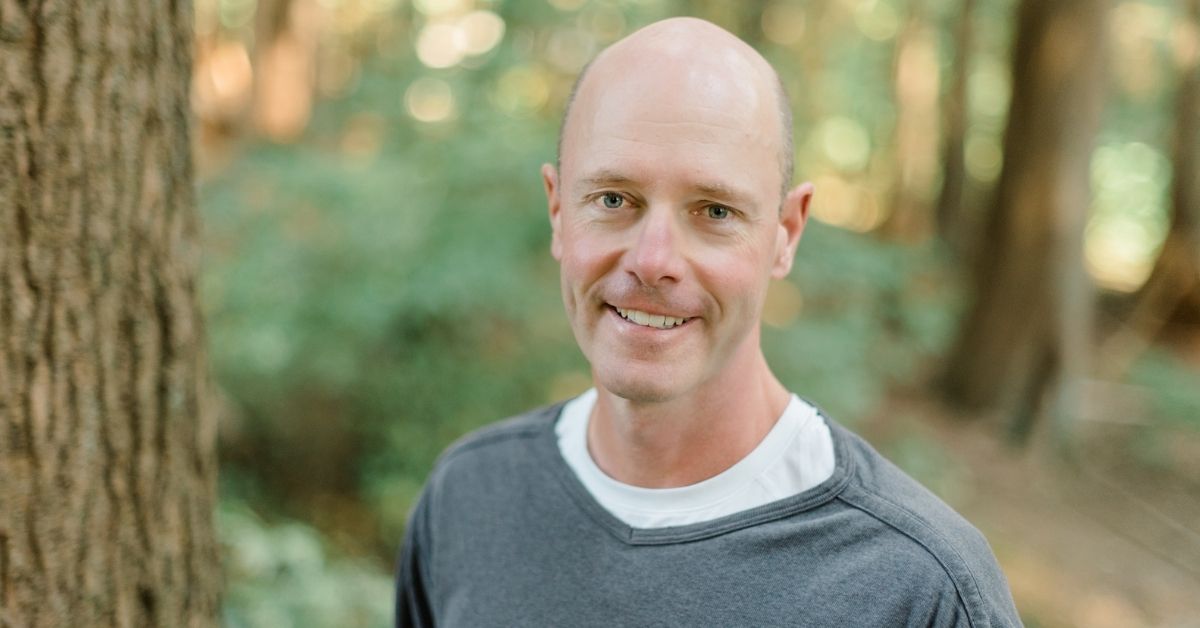Nick Saloman appeared to have it all: a successful Ottawa-based construction business, strong friendships, and close family ties. Yet beneath his confident exterior, Nick struggled with anxiety, depression, and chronic fatigue—problems that worsened when he decided to quit steroids after years of use.
Tragically, in 2024, Nick died by suicide. His father, Robert Saloman, believes that a lack of awareness about the physical and mental impact of stopping anabolic steroids contributed significantly to his son’s death.
“Nick knew about some of the risks, like infertility, but what he didn’t know was that quitting steroids would plunge him into severe depression,” Robert explains. “Awareness can save lives. It’s important men understand the dangers—not just for steroid use, but also of trying to quit without the proper support.”
The pressure to look “ripped”
According to the Canadian Centre for Ethics in Sport (CCES), half of high-school-aged anabolic steroid users are not athletes. Instead, they use the drugs for the appearance-altering effect — in other words, to appear more muscular or “ripped.” Oftentimes, low self-esteem and body image issues are behind this kind of steroid use.
Researcher Kyle Ganson, a University of Toronto assistant professor in social work, studies how young men struggle with body image. “They’re seeing people on social media and believe, ‘This is what the male body should look like,” Ganson says.
Foundry—a BC-based organization and member of Integrated Youth Services, a national network dedicated to supporting youth—acknowledged this in a recent campaign targeting young men.
A recent British study revealed that almost one in four men seldom or never feel confident about their bodies, with young men aged 18 to 24 being the most likely to experiment with steroids.
Research in Australia suggests that social media is contributing to the growing use of anabolic steroids among men and teenage boys, with a government drug survey finding that non-medical steroid use has tripled.
What anabolic steroids do to the body and mind
According to Canada’s Centre for Addiction and Mental Health (CAMH), high-dose steroid use significantly increases the risk of:
- Heart problems, including heart attacks and strokes–even in users younger than 30 years old
- Aggression and violence
- Irritability, anxiety, mood swings, manic symptoms and paranoia
- Liver damage and cancer
- Reduced fertility
- Permanent hormonal changes, such as testicular shrinking and breast growth in men
Long-term effects can also include stunted growth in adolescents, persistent acne, feminization in men, hair loss, and prostate issues.
Why quitting is so hard
Up to 30% of users may develop dependence. The symptoms of withdrawal can be intense – depression, fatigue, suicidal thoughts, and inability to have an erection.
Steroids prevent the body from producing testosterone. Even after quitting, there is often a delay in the body making natural testosterone.
Researchers are learning that it’s a hard thing for the body to fully recover from and may require long-term testosterone replacement therapy (TRT).
A recent study of men who used steroids identified low sex drive, low mood, anxiety, and suicidal thoughts, with an overall decline in well-being during the first year after stopping.
According to the study’s lead author, the challenge is that doctors do not currently have treatment plans available to help men reduce these symptoms. The encouraging news is that there are “potentially treatable factors to improve symptoms men experience when they stop using steroids.”
Up until now, there has been no clinical model for helping users quit or manage dependence. What researchers are learning is that treating anabolic steroid dependence may require a team of experts: GPs, psychiatrists, endocrinologists, and addiction specialists.
How to support someone struggling
Nick’s story is a solemn reminder of how serious the mental health side effects of anabolic steroids can be. “Looking back as parents, we wish we had known the extent of our son’s struggles with steroids and the extent of the risks he was facing,” says Robert Saloman.

Nick Saloman (far left) and Robert Saloman (middle) with Nick’s brothers on Father’s Day.
Signs to watch for
According to the Canadian Centre for Ethics in Sport (CCES), here are some common signs of anabolic steroid use:
- Withdrawing from established social relationships
- Forgetfulness and fatigue
- Anxiety, depression or increased irritability
- Lying and secretive behaviour
- Delusions
- Heightened aggression
- Insomnia
A simple way to start the conversation
The first step is to have a conversation together. This is often easier said than done because men often resist asking for help.
As explained by Dr. David Kuhl, a men’s clinician and researcher at Blueprint, “Men tend to funnel everything into anger and sexual excitement. There is a lot of shame, fear, and grief. We need to create a space that is safe enough for them to be vulnerable and open.”
B.C.-based clinical psychologist Dr. Melanie Badali recommends the “S.T.A.R.T.” approach for initiating conversations about addiction and mental health struggles:
- Set the stage: Read up on available resources so you understand the challenges of anabolic steroids. Sometimes, people need informational support.
- Timing: Choose the right moment, free from distractions.
- Ask: Use open-ended questions like, “What’s *really* going on?” “How can I help?” Remind them you are asking because you care.
- Reflect: Listen carefully, validating feelings without immediate advice. Resist the temptation to “fix” things this early in the journey.
- Think: Respond with empathy and compassion, and model the support you’d want yourself. Don’t blame, label or judge.
Nick’s legacy: spreading awareness and hope
“Nick was a generous guy who was quick to help others. He often used his business to support others in need by teaching them a skilled trade. We wish we could have done more to help him,“ explains his father, Robert.
There is help out there. Support groups, counselling, and honest conversations about body image and self-esteem offer healthier pathways to feeling strong and confident. If you or someone you know is struggling with steroid use, don’t wait to start a conversation.
What do you think about the use of anabolic steroids to get bigger?

No-Cost Counselling
Access three virtual counselling sessions at no cost through TELUS Health MyCare™. Available to men in BC, AB, ON and QC without extended health benefits.




Let’s Talk!
Did you enjoy this article? Let us know in the comments.
0 Comments